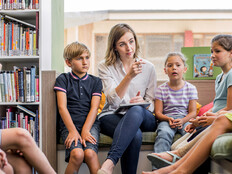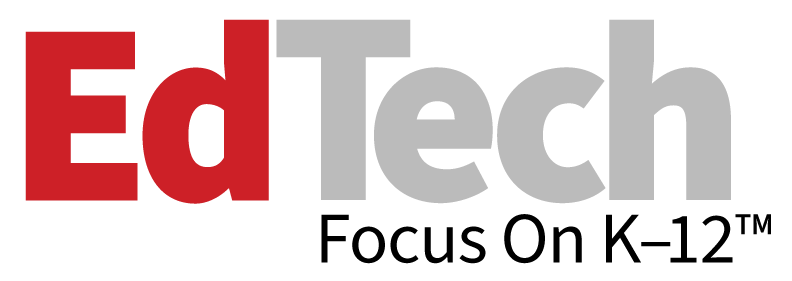The ‘Grand Experiment’ Behind NYC Schools’ New Computer Science Program
The largest school system in the country will soon embark on a journey to offer computer science to every student in its district.
Beginning next school year, the New York City Department of Education will launch a Computer Science for All program, which will reach "full implementation in all grade levels by 2025," according to a news release. The goal is to offer computer science courses for 1.1 million students, in elementary through high school, by 2025, which will cost approximately $81 million over the next 10 years.
These computer science classes will not be a requirement for graduation, and middle and high schools will have the option to offer them only as electives, The New York Times reports.
The cost of the program is being shouldered by a public-private partnership between the City of New York and CSNYC, Robin Hood Foundation and AOL Charitable Foundation.
"It is critical that every student in NYC gets exposure to the concepts and fundamentals of computer science – the defining skill of the 21st century – in elementary, middle and high school. And that’s what Computer Science for All is all about," says Fred Wilson, founder and chairman of the New York City Foundation for Computer Science Education.
The attention and growth that computer science has seen in recent years is indicative of a dramatic shift happening within education, observes Adam Enbar, CEO of the New York-based Flatiron School, one of many growing independent schools focused on providing short-term training in software coding.
To keep up with demand, Flatiron School officials had to conduct national searches for teachers they could train themselves. This year, the school is expanding its scholarship training program from 50 to 500 teachers.
"We see so much demand for this type of education that we, in order to run our business successfully, need to create the infrastructure on our own," says Enbar.
"We actually paid people to go through our program. Now we're doing it at an even bigger scale and offering it to 500 teachers so that some portion of them will want to work with us during our summer or after-school programs."
Enbar says he's optimistic about the potential for NYC's program, but he believes there's still a hard road ahead in taking the current initiative and translating it into real change across the nation.
"This thing that [New York City public schools] is doing is going to be looked at as a grand experiment," he says. "If successful, it could be replicated around the country. But the way it's executed will determine the success of that."









